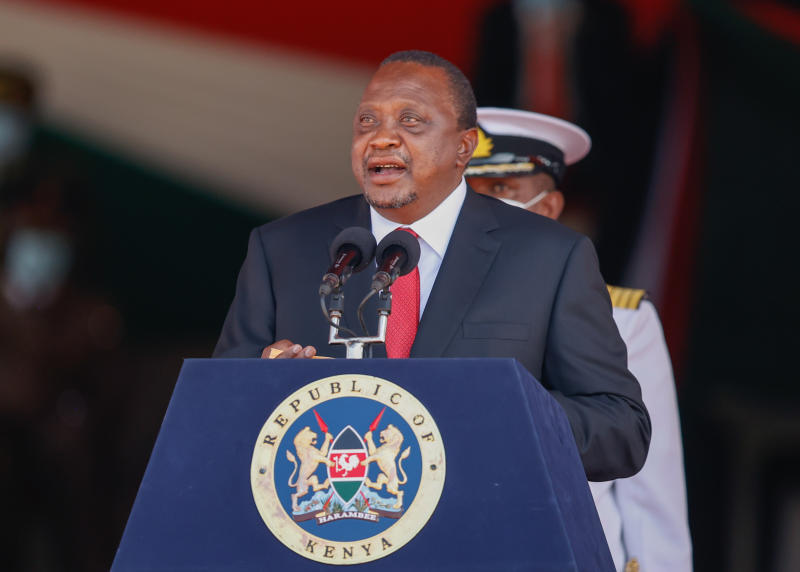×
The Standard e-Paper
Home To Bold Columnists

President Uhuru Kenyatta’s Tuesday lecture of the Judiciary opened the floodgates for new relations, including yesterday's swearing in of 34 judges.
Lawyers and political commentators interviewed by The Standard were of the opinion that the Head of State had no faith in the system that thrashed his win in 2017.